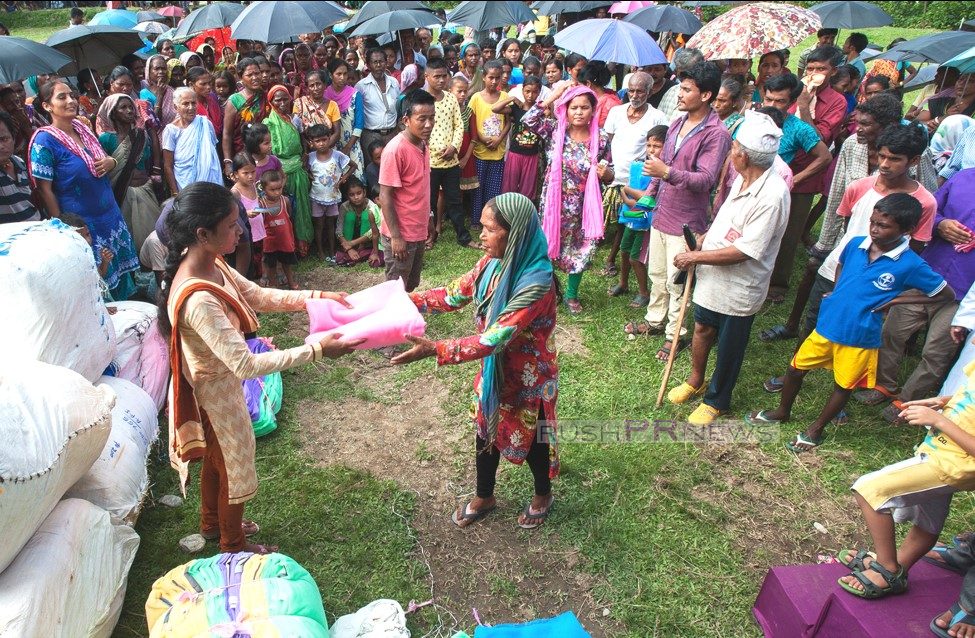Malaria may be a thing of the past in many places, but it remains a major public health threat in large parts of the world, prompting GFA World (formerly: Gospel for Asia, www.gfa.ca) to sound the alarm on behalf of those still at risk.
Having helped guard hundreds of thousands from the disease in the past few years by distributing protective mosquito nets, the organization is now raising awareness of the need for more prevention and treatment efforts, as scientists continue to try to develop a vaccine.
The disease, which sees more than 200 million cases and around 400,000 deaths annually, is the subject of a major new report just published by GFA. “Fighting Malaria – A Chilling Disease” — the headline a reference to the violent shivers malaria can cause — notes that following years of significant progress, the fight against malaria has “stalled” in more recent times.
Released to coincide with World Malaria Day (April 25, 2018), the in-depth GFA World article is the latest in a series of special reports addressing key global issues, intending to raise awareness and encourage action. And it is one that the Stoney Creek, Ontario-based organization has been deeply involved with.
For a suggested donation of just $10, GFA World helps provide a mosquito net that can save recipients “from sickening agony or death,” the organization says. “These nets offer protection from the sting of an infected mosquito and help to give their owner a restful night’s sleep.”
As part of relief and health programs offering a practical demonstration of God’s love, GFA-supported workers have given out more than one million nets in the last two years alone. These help protect low-income families from the disease, which causes sickness that can keep those infected from going to work or school, helping perpetuate a cycle of poverty.
In addition, GFA-supported workers teach people about keeping their surrounding areas clean and free of stagnant water, to help stop the spread of mosquitoes.
“In many cases, simple changes can create a profound difference in everyday health,” said Dr. K.P. Yohannan, mission founder. “Christ calls upon us to care for the poor, which is why we are there to offer tools like mosquito nets that can literally make the difference between life and death.”
In his report, writer Ken Walker explains that although Africa is home to the majority of malaria cases, the problem exists “across the globe, as evidenced by its presence in 91 countries.” The disease “is prevalent across South Asia,” he says, including Laos, Bangladesh, Cambodia, and large parts of India and Pakistan.
The disease has come under the microscope literally and figuratively for years, with governments, charities and other groups pouring millions of dollars into research and treatment, the GFA World report details, and with the World Health Organization field-testing a vaccine this year.
Yet despite all the attention, which has seen five Nobel Prizes for work associated with malaria, the disease remains a major health concern. One researcher has grudgingly called the malaria parasite “a genius” for its ability to adapt and survive.
Walker writes of how the medical challenges are heightened by social and environmental factors. Problems such as social unrest, conflict and humanitarian disasters, are major obstacles to progress, while climate change has also had an impact.
Inviting people to support GFA’s anti-malaria efforts, Yohannan notes in a blog post about the report that “you don’t have to be a research scientist or an infectious disease specialist in order to make a difference… You don’t have to have a massive amount of resources to help an individual or family protect themselves.”

